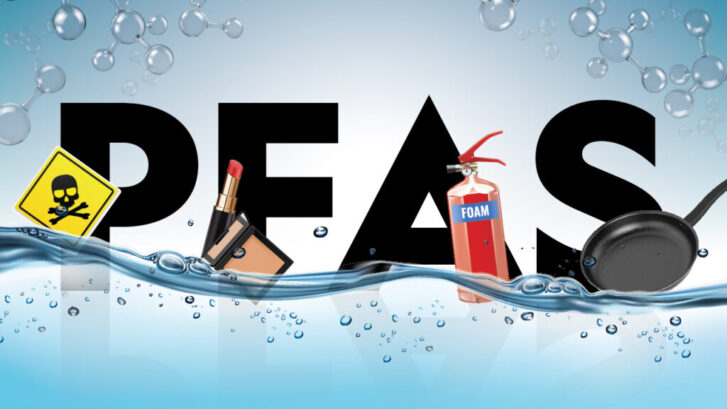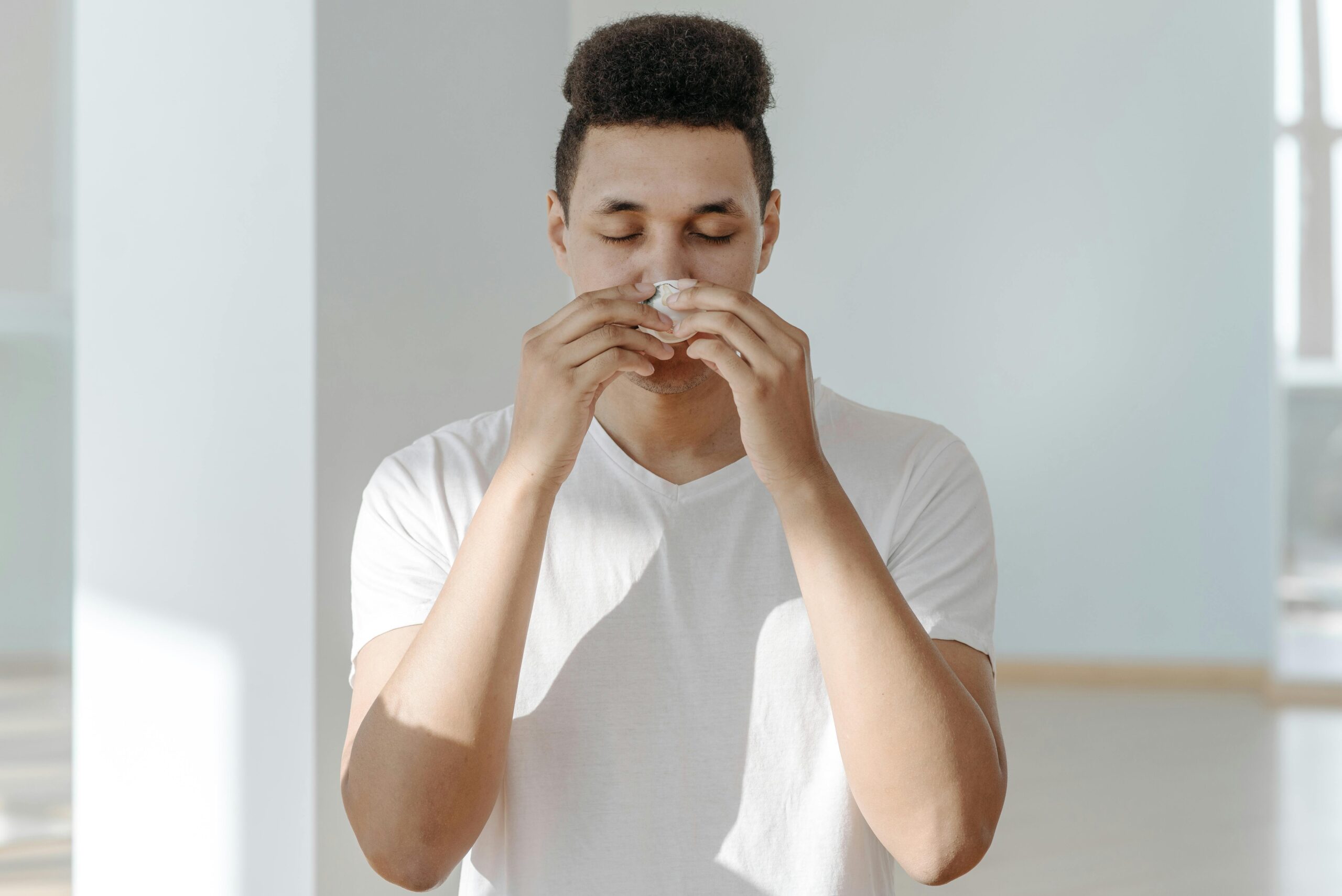Coping with Holiday Blues: Resources to Help You Navigate the Season
The holiday season is a time for joy and celebration, but for many, it can also bring feelings of sadness, stress, or loneliness—often referred to as the “holiday blues.” If you’re in Jupiter, Florida, and finding it difficult to stay upbeat this season, you’re not alone. Here are some tips and free mental health resources to help you navigate this challenging time.
Tips for Managing the Holiday Blues
In addition to seeking support, there are steps you can take to care for your mental health during this season:
- Set Boundaries: Don’t feel obligated to attend every event or meet every expectation. Prioritize what feels manageable and meaningful.
- Practice Self-Care: Make time for activities that bring you joy and relaxation, whether it’s reading, exercising, or spending time with loved ones.
- Reach Out: Stay connected with friends or family members who uplift you. Sometimes, just sharing how you’re feeling can provide relief.
- Limit Overindulgence: The holidays often come with an abundance of food, drink, and spending. Moderation can help reduce feelings of guilt and stress.
- Seek Professional Help: If feelings of sadness or anxiety persist, don’t hesitate to contact a mental health professional.
Remember: You Are Not Alone
The holiday blues are a common experience, but with the right resources and strategies, you can navigate this season with greater ease. Whether it’s through a local support group, a national hotline, or a personal connection, help is available. Take that first step to reach out, and prioritize your well-being this holiday season.
Mental Health Support
Mental health challenges can intensify during the holidays. Here are some key organizations offering support:
- National Alliance on Mental Illness (NAMI)
- Helpline: 1-800-950-NAMI (6264) or text “HELPLINE” to 62640
- Resources: Provides online support groups and mental health resources to help individuals and families.
- Website: www.nami.org
Here are some free mental health support resources available in or accessible from Jupiter, Florida:
National & Statewide Resources
- 211 Helpline (Palm Beach & Treasure Coast)
- Dial 211 or visit 211palmbeach.org.
- Offers free, confidential support for mental health, crisis intervention, and resource referrals 24/7.
- NAMI Palm Beach County (National Alliance on Mental Illness)
- Provides free support groups, education programs, and advocacy.
- Contact: 561-588-3477 or visit namipbc.org.
- Florida Mental Health Access Line
- Call 1-888-540-5437.
- Helps individuals connect to local mental health resources at no cost.
- Crisis Text Line
- Text HOME to 741741.
- Free 24/7 support via text for any mental health crisis.
- Suicide & Crisis Lifeline
- Dial 988 for immediate support.
Local Free Resources in Jupiter
- Alpert Jewish Family Service
- Offers free mental health counseling for individuals, families, and groups.
- Contact: 561-684-1991 or visit jfcsonline.com.
- Catholic Charities Diocese of Palm Beach
- Provides free or sliding-scale mental health services regardless of religion.
- Contact: 561-775-9560 or visit catholiccharitiesdpb.org.
- Community Health Centers of the Palm Beaches
- Offers free or low-cost mental health services for uninsured or underinsured residents.
- Contact: 561-642-1000.
Support Groups
- NAMI Connection Recovery Support Groups
- Free peer-led groups for those living with mental health conditions.
- Find schedules and locations through NAMI Palm Beach County.
- Support Groups at Jupiter Medical Center
- Hosts free community support groups for mental health, grief, and caregiving.
- Call 561-263-2234 to inquire.
Virtual Resources
- BetterHelp Free Trials
- Occasionally offers free therapy sessions. Check betterhelp.com.
- Mental Health America Screening Tools
- Free, anonymous mental health screenings at mhanational.org.
- Open Path Collective
- Provides affordable therapy resources and free mental health webinars. Visit openpathcollective.org.
- Psychology Tools Self-Help Library
- Free mental health workbooks and guides at psychologytools.com.










